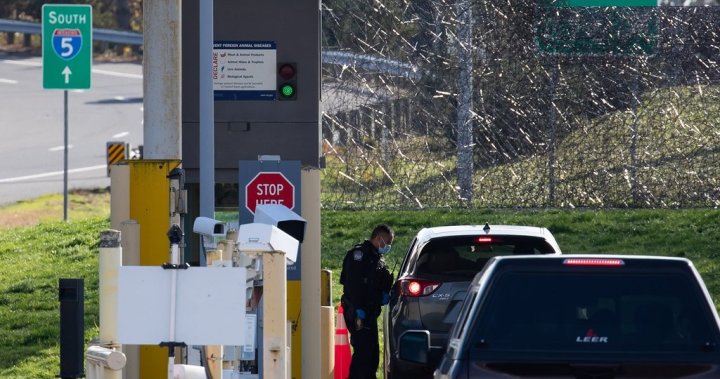Les vents glacials des hivers canadiens poussent depuis longtemps des milliers de retraités vers les plages ensoleillées et les paysages désertiques des États-Unis. Maintenant, ces migrants saisonniers — affectueusement surnommés « snowbirds » — pourraient bientôt avoir une raison de célébrer, car un changement législatif proposé pourrait considérablement prolonger leur séjour autorisé en territoire américain.
Un projet de loi bipartisan présenté au Congrès américain vise à créer un nouveau « Visa de retraité canadien » qui permettrait aux Canadiens admissibles âgés de 50 ans et plus de rester aux États-Unis jusqu’à huit mois consécutifs par an — une augmentation significative par rapport à la limite actuelle de six mois qui définit les habitudes migratoires des snowbirds depuis des décennies.
« Cette législation reconnaît les liens économiques et culturels profonds entre nos nations », a déclaré la représentante María Elvira Salazar (R-FL), qui a coparrainé le projet de loi avec la représentante Debbie Wasserman Schultz (D-FL). « Les visiteurs canadiens contribuent des milliards à notre économie, particulièrement dans des états comme la Floride, l’Arizona et la Californie. »
Le moment choisi pour cette proposition a soulevé des questions parmi les analystes politiques, qui notent son émergence durant une année électorale où l’ancien président Trump — qui a signalé son soutien à cette mesure — cherche à revenir au pouvoir. Bien que l’administration Trump ait maintenu auparavant des politiques frontalières strictes, ce revirement apparent suggère un recalibrage stratégique envers les visiteurs canadiens qui apportent des avantages économiques substantiels sans les complications politiques associées à d’autres questions d’immigration.
Les données économiques confirment l’importance de ce changement potentiel. Selon l’Association canadienne des snowbirds, les quelque 1,1 million de Canadiens qui passent les mois d’hiver aux États-Unis injectent plus de 6,5 milliards de dollars annuellement dans l’économie américaine. La Floride à elle seule reçoit près de 500 000 visiteurs canadiens pendant les mois d’hiver, qui contribuent environ 2,5 milliards de dollars à l’économie de l’État.
« Plusieurs de nos membres possèdent des résidences secondaires aux États-Unis et paient des impôts fonciers toute l’année, malgré le fait qu’ils ne sont autorisés à y séjourner que pour la moitié de l’année », a expliqué Karen Huestis, présidente de l’Association canadienne des snowbirds. « Cette prolongation leur permettrait de maximiser leur investissement tout en continuant à contribuer aux économies locales. »
Le visa proposé viendrait avec des critères d’admissibilité stricts. Les demandeurs doivent être des citoyens canadiens âgés de 50 ans ou plus qui possèdent ou louent une propriété résidentielle aux États-Unis ou qui ont des hébergements confirmés pour leur séjour prolongé. Ils doivent également maintenir une couverture d’assurance maladie valide aux États-Unis — une disposition cruciale étant donné que les régimes provinciaux de santé canadiens offrent une couverture limitée à l’étranger.
Cependant, les analystes financiers avertissent que les implications fiscales pourraient devenir compliquées pour les visiteurs à séjour prolongé. Selon les règles actuelles, les Canadiens qui passent plus de 182 jours aux États-Unis sur une période de trois ans (selon le calcul du test de présence substantielle de l’IRS) peuvent être










